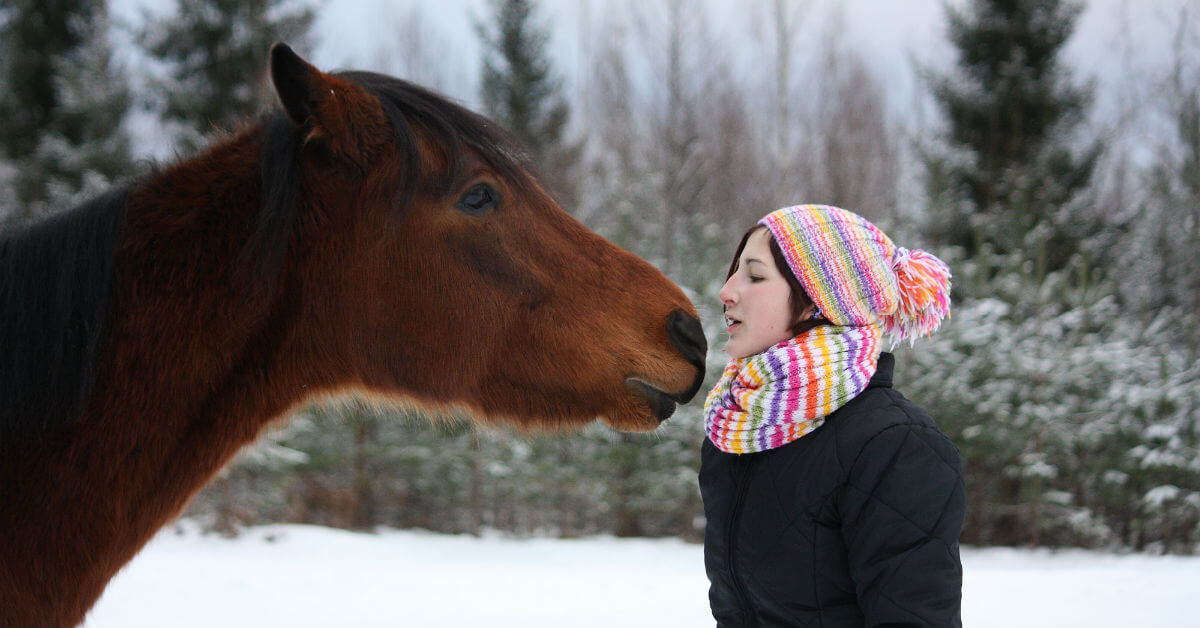Changing the behavior of troubled teen boys can be difficult for adults to accomplish, but when horses are introduced, something powerful happens. Equine therapy is an effective treatment method for helping to heal some of the behavioral challenges that many teen boys face today, and more therapeutic boarding schools than ever are incorporating it into their overall program.
What is Equine Therapy?
Equine therapy is much more than teenagers taking care of horses. These specially trained animals provide a valuable experience for teen boys who are suffering from emotional, social or behavioral disorders. Used as part of the counseling process, the horses fill a number of needs for the teens. Equine therapy can help troubled teen boys cope with the problems they face by forcing the boys to think and act differently than they normally do.
What are the Benefits of Equine Therapy?
By the time troubled teen boys arrive at a therapeutic boarding school, they are a whirlwind of anger, aggression, defiance and sadness. They have lost the ability to build healthy relationships and view most adults as enemies. Horses, however, are pretty neutral to teen boys and they may be fascinated, afraid, or indifferent to them.
Building a relationship with a horse isn’t easy, and it requires just the right balance of emotions, actions and behavior. As teens learn how to properly care for horses, including feeding, grooming and leading them, they won’t get the reaction they desire if they are aggressive, loud or mean. Horses will react according to their caretakers mood, and when the teen boys are not in control of their emotions or actions, the horses will be stubborn and refuse to follow commands. As the boys change their state from angry to gentle and aggressive to persuasive, the horses respond in kind.
Studies also show that human and animal relationships can result in the release of endorphins, the chemicals that flood the body with good feelings and reduce stress. As the boys are rewarded with good behavior from the horses and good feelings for the interaction, it becomes easier for them to learn how to get along with their animals, each other and adults. There’s no doubt that learning how to effectively work with horses teaches troubled teen boys how to cope better in their daily lives.
What Does Equine Therapy Teach Troubled Teens?
Equine therapy is effective because it teaches troubled teenage boys a number of life lessons, and more about how to be in tune with themselves and others around them. Here are just a few of the examples of how equine therapy teaches boys to cope.
- Control emotions
- Monitor body language
- Boost self-esteem
- Build confidence
- Removes focus from problems
- Appropriate expressions
- Positive break time from people
- Increased flexibility with time and activities
- Develop compassion and nurturing instincts
- Remain emotionally balanced
- Establish trust
Not only do horses provide excellent therapy for troubled teen boys, they provide a good foundation for human therapist to build on. Troubled teen boys who have emotional or behavioral issues, struggle in school, or are otherwise not finding success in traditional schools and traditional therapy may find the help they need in a teen help program with equine therapy.











0 Comments